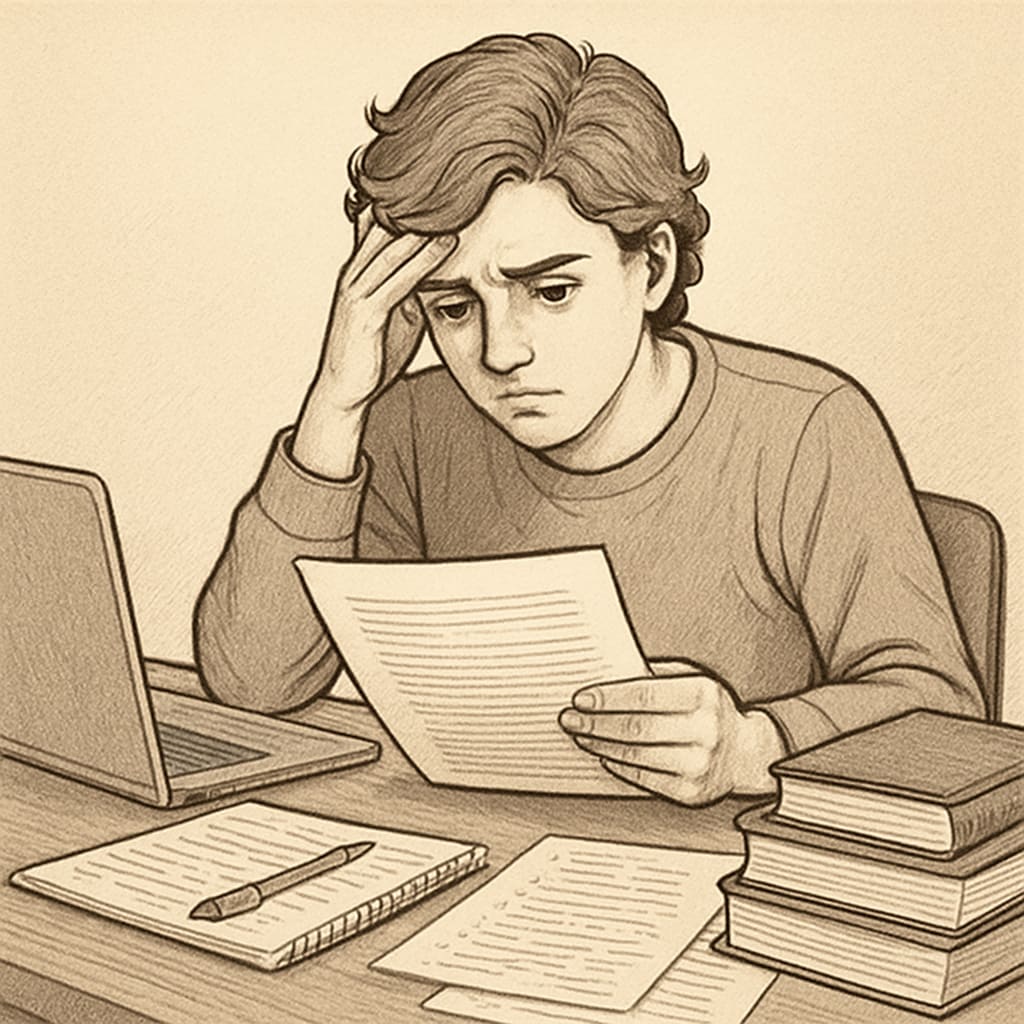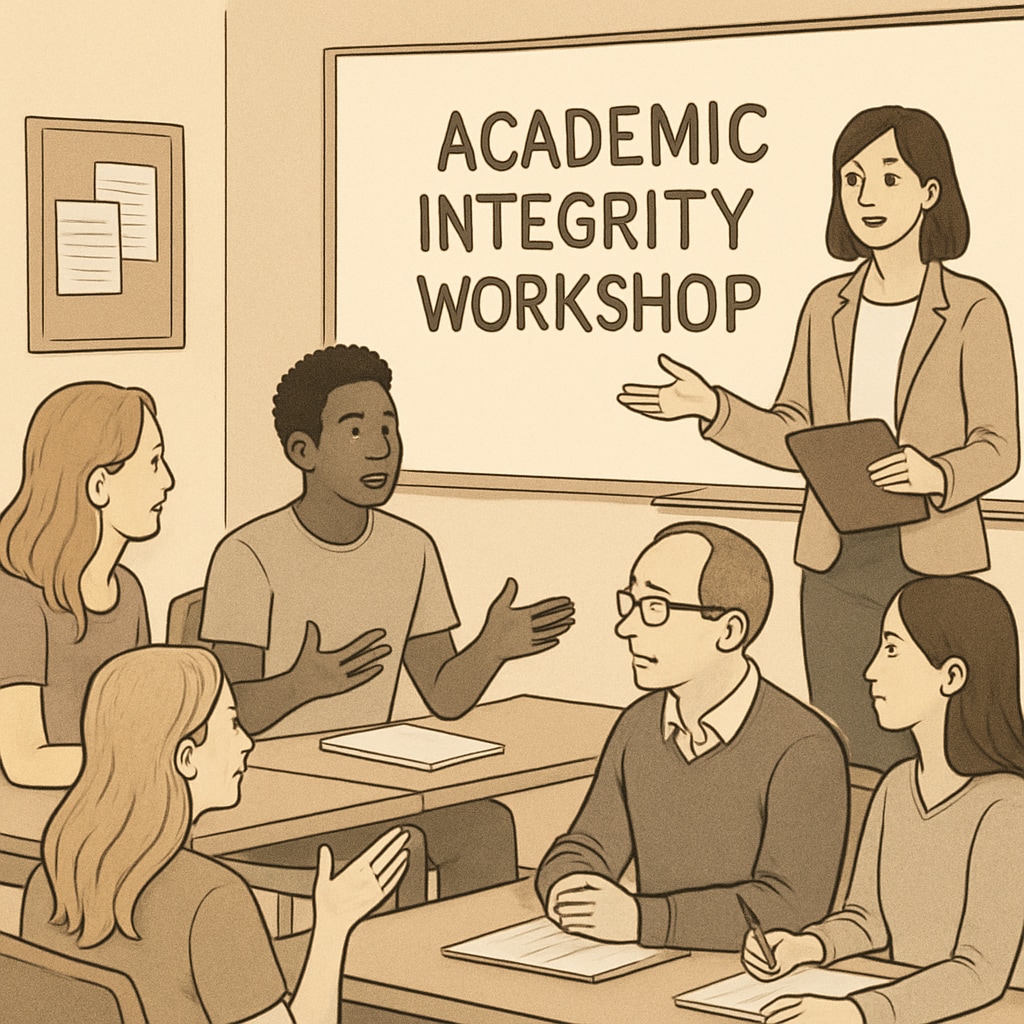False plagiarism accusations from professors can have far-reaching consequences for students, impacting their academic progress, mental health, and trust in the educational system. While maintaining academic integrity is critical, it is equally important to ensure that allegations are made based on concrete evidence and through a transparent process. This article explores the implications of unfounded accusations, examines the delicate balance between teacher authority and student rights, and proposes solutions for more equitable academic evaluation practices.
Understanding the Impact of False Plagiarism Accusations
Plagiarism accusations are serious, as they directly challenge a student’s academic honesty and credibility. When a professor accuses a student of plagiarism without proper investigation or evidence, the consequences can be devastating. Students may face disciplinary actions, tarnished reputations, and emotional distress. In extreme cases, such accusations can lead to suspension or expulsion, effectively derailing their educational journey.
For example, a student may be wrongly accused due to similarities in phrasing or ideas that align with common knowledge or widely accepted concepts. This can occur even when the student has cited sources correctly. The lack of a clear and consistent mechanism for addressing these disputes exacerbates the problem, leaving students feeling powerless and unheard.

The Role of Professors and Limits of Authority
Professors play a vital role in upholding academic standards, but their authority must be exercised responsibly. The power imbalance inherent in the teacher-student relationship can sometimes lead to a lack of accountability for educators. When professors make errors in judgment, students often lack the resources or confidence to challenge these decisions. This dynamic can undermine trust and create a culture of fear rather than mutual respect.
Furthermore, professors may unintentionally make false accusations due to biases, misinterpretation of evidence, or over-reliance on plagiarism detection software. Tools like Turnitin or Grammarly are helpful but not infallible; they can flag false positives, such as properly cited material or commonly used phrases. It is crucial for educators to combine these tools with their own critical analysis before making accusations.
Building Transparent and Fair Academic Integrity Systems
To prevent false accusations and ensure fairness, institutions must adopt transparent academic integrity policies. These policies should include:
- Clear Definitions: Clearly define plagiarism and provide examples to avoid ambiguity for both students and professors.
- Evidence-Based Accusations: Require professors to present concrete evidence before making claims. This may include flagged sections of a paper alongside explanations of why they are problematic.
- Appeal Mechanisms: Establish a formal process for students to appeal accusations, ensuring that their voices are heard and their rights are protected.
- Training for Educators: Provide training for professors on how to use plagiarism detection tools effectively and interpret their results critically.
- Student Education: Offer workshops and resources to help students understand proper citation practices and avoid unintentional plagiarism.

Conclusion: A Call for Balanced Accountability
Academic integrity is a cornerstone of education, but it must be upheld in a manner that respects the rights and dignity of all parties involved. False plagiarism accusations harm not only students but also the credibility of professors and institutions. By fostering a culture of transparency, accountability, and mutual respect, educators can create an environment where both academic standards and student well-being are prioritized. In this way, education can truly be a two-way journey of trust and integrity.
Readability guidance: This article uses concise paragraphs, lists, and transitions to improve understanding. It emphasizes clarity and fairness in academic integrity processes, balancing the needs of students and educators.


